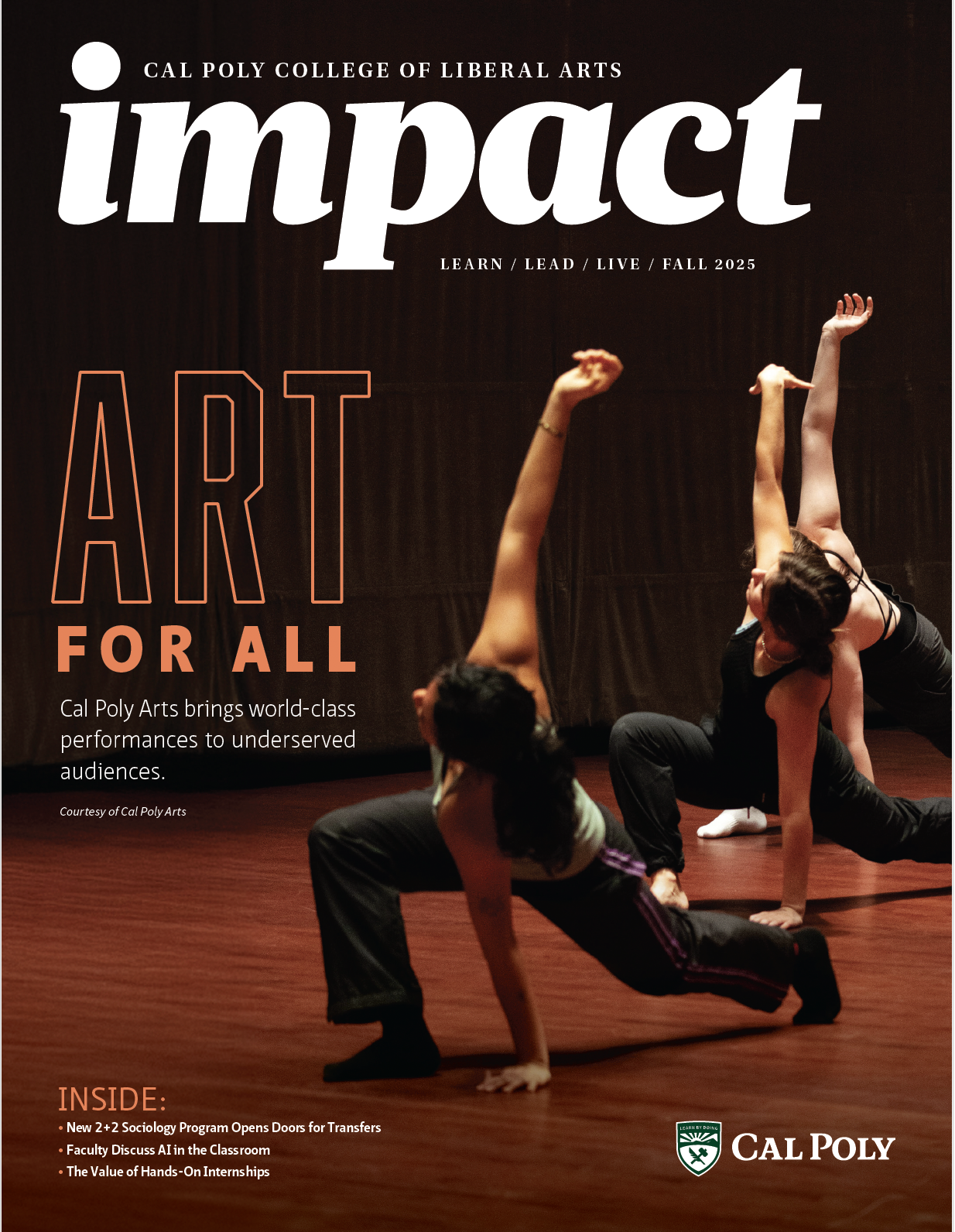Ask an Expert: What Does the Fox Settlement Mean for Journalism?

By: Larry Peña
In April, Fox News agreed to a historic $787.5 million payment to settle a high-profile defamation case brought by Dominion Voting Systems over the media company’s many false claims about the integrity of the 2020 presidential election —a result that appears to have been a factor in Fox’s subsequent decision to fire their top-rated TV host. We asked three Cal Poly faculty members with different areas of expertise to break down the implications of the case for journalism, first amendment rights and election integrity.

Journalism Lecturer Kim Bisheff
Kim Bisheff
Journalism Lecturer
Specialties: misinformation, media literacy, public affairs reporting
What does this settlement do to disincentivize media companies from publishing misinformation?
At the risk of sounding pessimistic, I think it will take more than just this settlement to stop the spread of misinformation among entities whose business model depends on fueling outrage and tribalism. Content that triggers strong, negative emotions drives traffic, which is why misinformation thrives.
However, it is important to acknowledge that only a small number of media companies fit into this category. Most journalism professionals prioritize accuracy and transparency and have been working especially hard in recent years to regain audience trust. In general, deliberately spreading misinformation is not a formula for media success.
It’s possible this settlement will motivate some consumers to seek information from more reliable sources, but meaningful progress won’t happen until a critical mass of affected audience members demand change. If the trial had been televised, of course, that outcome would have been more likely.

Journalism Assistant Professor Michael Park
Michael Park
Assistant Professor of Journalism
Specialties: communication law and policy, First Amendment jurisprudence
What does the result of this case mean for freedom of the press?
This result confirms that the media has robust free press protection under the standard set forth by the Supreme Court in NY Times v. Sullivan, but also that the press can be held accountable if they knowingly or recklessly defame someone. To find a media entity liable for defaming a public figure (in this case, Dominion was considered a “limited” public figure), the plaintiff must show that the media outlet acted with “actual malice,” which is either knowledge of falsity or a reckless disregard for the truth. This is a high threshold to meet, and what is interesting here is that we have had several public officials, including former President Trump and Florida Governor DeSantis, denounce the current legal framework while advocating for greater limits on press freedom.
But First Amendment free press protections apply to all media, whether they be mainstream, right or left-leaning, and this case shows that while the press receives strong constitutional protection, they can be held accountable when they knowingly repeat false and defamatory statements. This case is one of several involving Fox and alleged false defamatory statements; we are likely to see more settlements from Fox, but the hope is that media outlets like Fox think twice before endorsing lies as statements of fact, which undoubtedly degrades our public discourse.

Political science Professor Michael Latner
Michael Latner
Professor of Political Science
Specialties: voting rights, political participation, election systems
What impact, if any, do you think the information revealed in the lawsuit will have on public faith in election integrity?
The lawsuit revealed a number of important facts about the integrity of US elections and the central role of Fox News as purveyors of disinformation. First and foremost is the revelation that Tucker Carlson in particular clearly understood that there was no credible evidence to support Donald Trump’s claims of election fraud. In addition to explicitly calling Trump’s lawyer Sydney Powell a liar, he agreed with another correspondent that there was “certainly no evidence the election was stolen.”
In any other profession, someone who acknowledged that sort of negligence in their professional responsibilities would be erased from the public square, but I have no doubt that we have not seen the last of Carlson. Unfortunately, there is now an entrenched audience for his brand, so I don’t see these revelations, or the lawsuit more generally, as playing much of a role in restoring public faith in our elections. We need to reform our broken two-party system and the electoral systems that they exploit if we ever hope to achieve truly multiracial, multiparty democracy in the United States.

